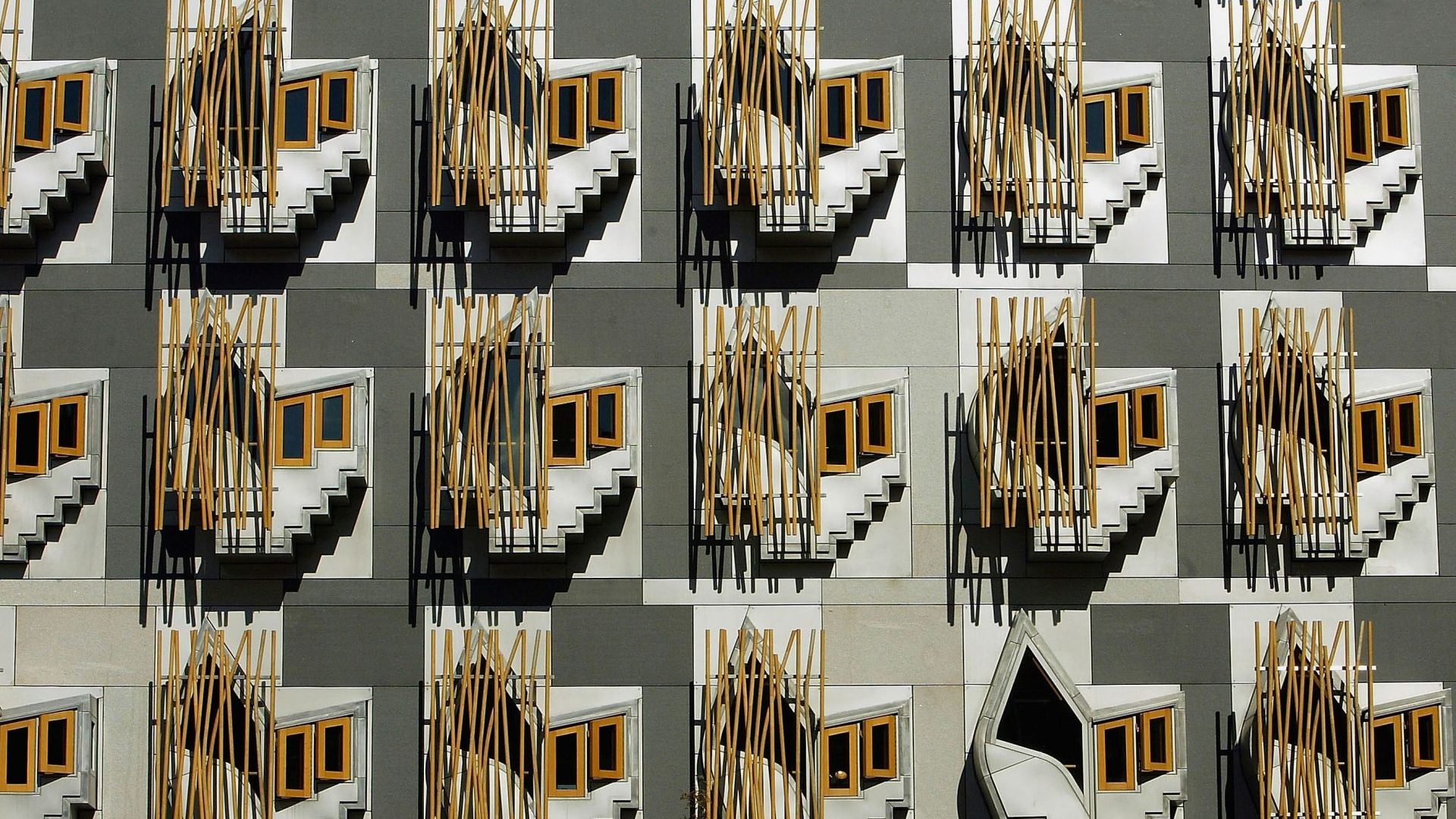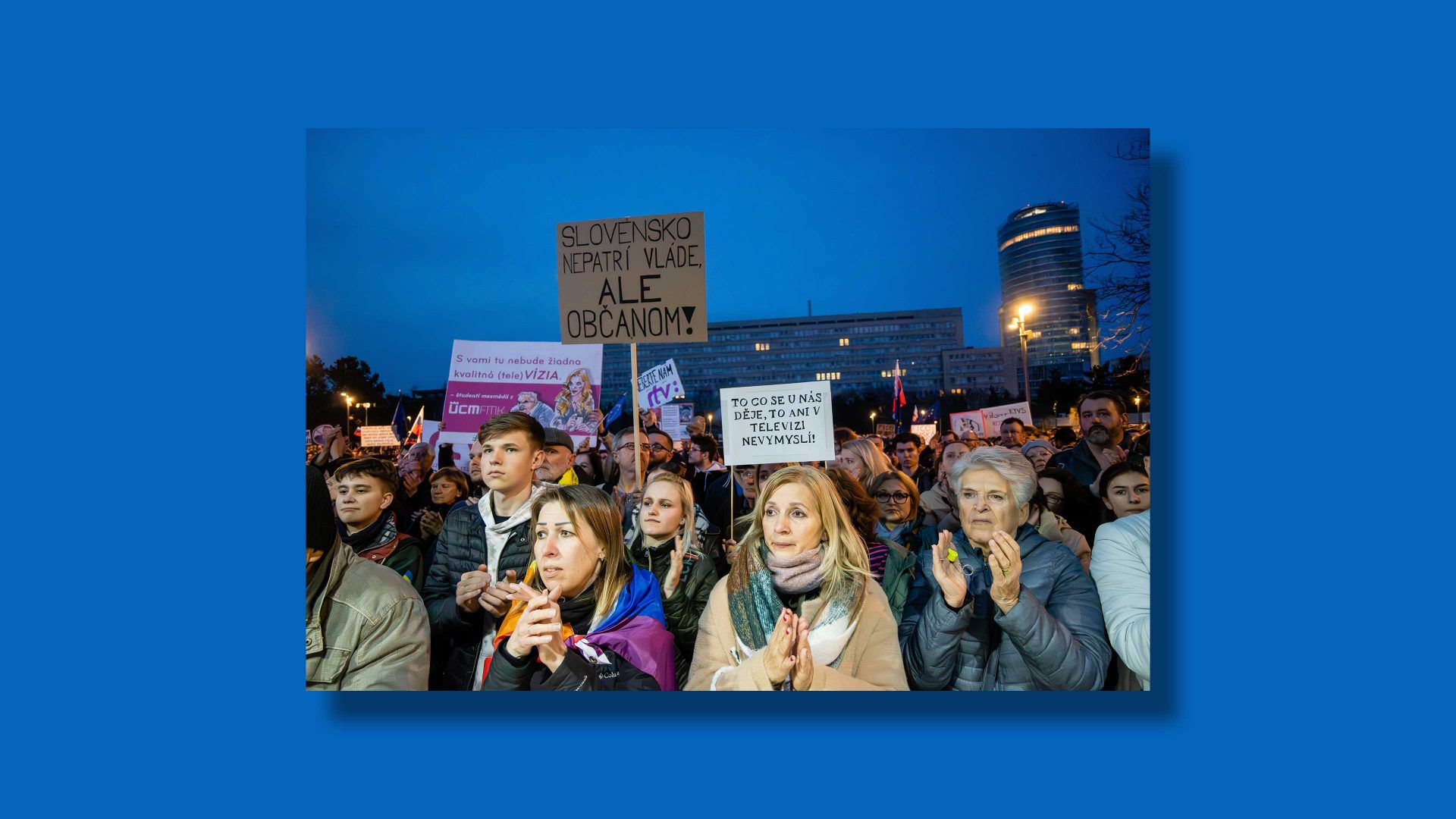The SNP’s conference in Edinburgh was a fairly low-key event. At its Sturgeon-era peak, the party used to welcome over 10,000 delegates. This year, the attendance was barely expected to be a fifth of that.
The party is still coming to terms with losing almost its entire presence in Westminster. But as it still holds Holyrood, the devolved Scottish parliament, SNP cooperation with Labour is essential if things north of the border are to remain stable. The key will be to set aside differences over detail and unite over the need to address the big picture.
At least the new Westminster government has a better relationship with Holyrood than the last one. Starmer has already declared that he’ll serve “the entirety of Britain”, which, while sounding like an obvious thing for a prime minister to say, comes as a breath of fresh air. In her brief spell as PM, Liz Truss quipped her plan to deal with then first minster Nicola Sturgeon was to ignore her.
There’s a sense of hope that a new balance of power in Scotland could bring change. For the first time in a long while, the SNP is in a political contest, and must prove itself again.
Longstanding complaints over the state of the NHS and the Scottish education system need to be addressed. Swinney’s humbling at the ballot box will give him the kick necessary to be proactive. But, now it’s not the Scottish majority in Westminster, it’s no longer just down to him, or the party he leads.
One close politics-watcher I know told me she is hopeful both parties will want to prove that a left wing government can enact effective change. But she has real fears that disagreements over detail, and particularly over spending, will get the better of that.
What’s more, despite both being (traditionally) left-leaning parties, there are significant disparities in policy. The SNP opposes Trident, and the submarines that carry the missiles are based in Scotland. But Labour supports its renewal, and defence is not a devolved issue. The SNP backs membership of the European single market, but Labour is less keen.
The SNP, under its previous leader Humza Yousaf, had also planned to oppose Labour’s windfall tax on fossil fuel companies, which would affect Scotland’s oil industry. And this is all before you get to the biggest point of difference: Scottish independence.
There is worry here about the repercussions of Labour’s landslide. The SNP has a narrow focus on independence and it is still fundamentally a Scottish party rooted in Scottish issues and perspective.
When it comes to Labour, the worry is that Scottish voices will get lost within the larger Labour machine – that Starmer’s declaration of serving everyone is just an obligatory act of empty devotion that will be followed by hollow promises and a lukewarm indifference to Scottish affairs.
When I ask about the future of independence, Scottish nationalists remain hopeful, even though people who are pro-union think it’s now firmly on the back burner. “Independence isn’t an issue that comes and goes,” one SNP voter told me, insisting that the issue is not tied to the SNP either.
But the Greens and Alba, two other pro-independence parties, failed to make significant waves in Scotland on July 4. Even though independence is not uniquely an SNP issue, there are still only nine MPs in Westminster to make the case.
Yet Labour’s real intentions in Scotland aren’t the only issue that Swinney must confront as he guides the SNP through the post-election wreckage. Continued infighting, calls for Swinney’s resignation and the veteran SNP MP Jim Sillars calling Sturgeon “Stalin’s wee sister” have served as further reminders that the first minister has a lot to deal with.
In his conference speech, Swinney promised the crowd that he now planned to concentrate on the “people’s priorities”. In other words, Swinney must steady his party’s ship while also building a relationship with a UK government that is planning to tighten spending, a policy that Scottish voters will hate. So many plates spinning – he must now hope they don’t all come crashing down.
Abigail King is a student writer based in Edinburgh



